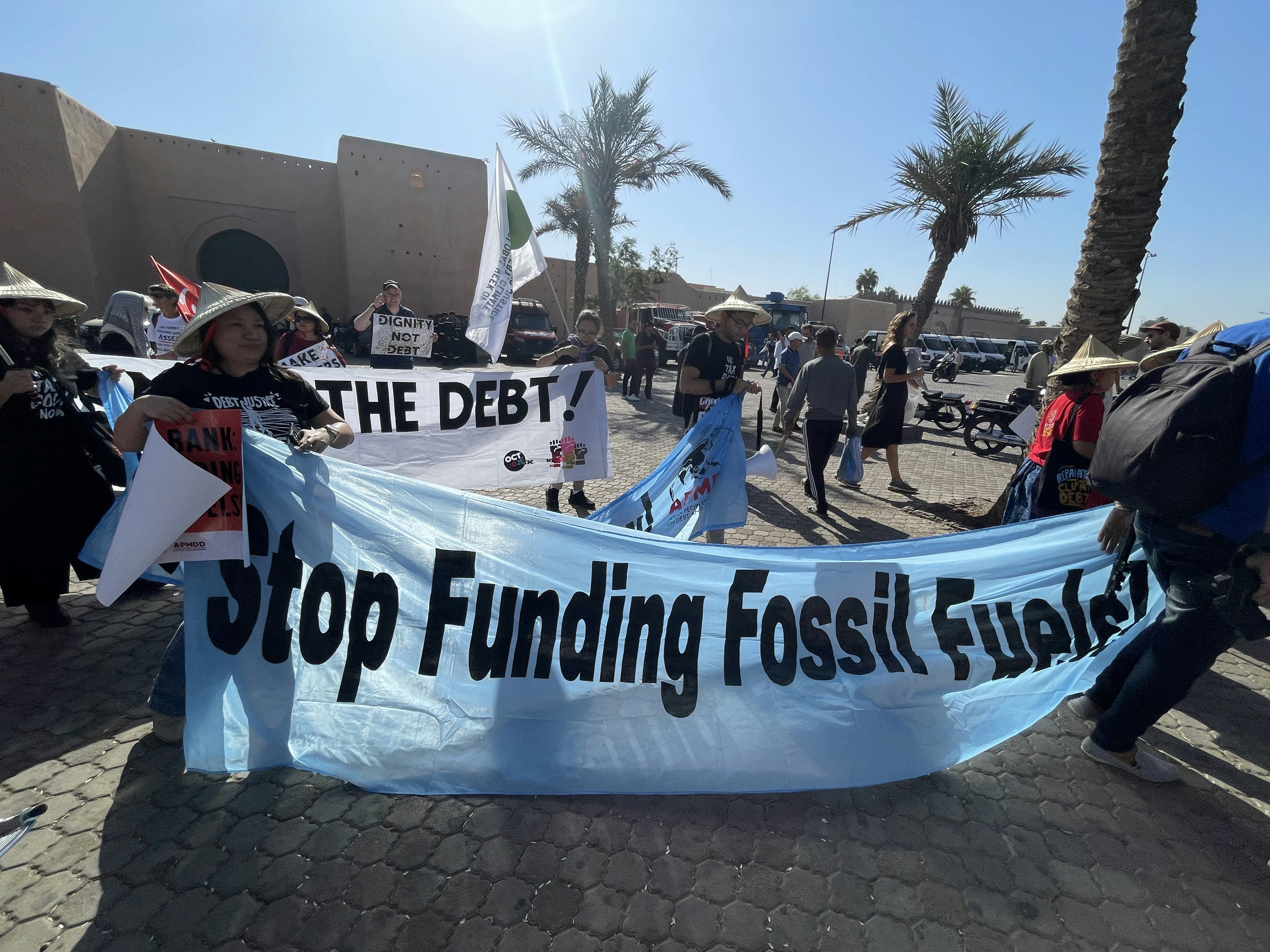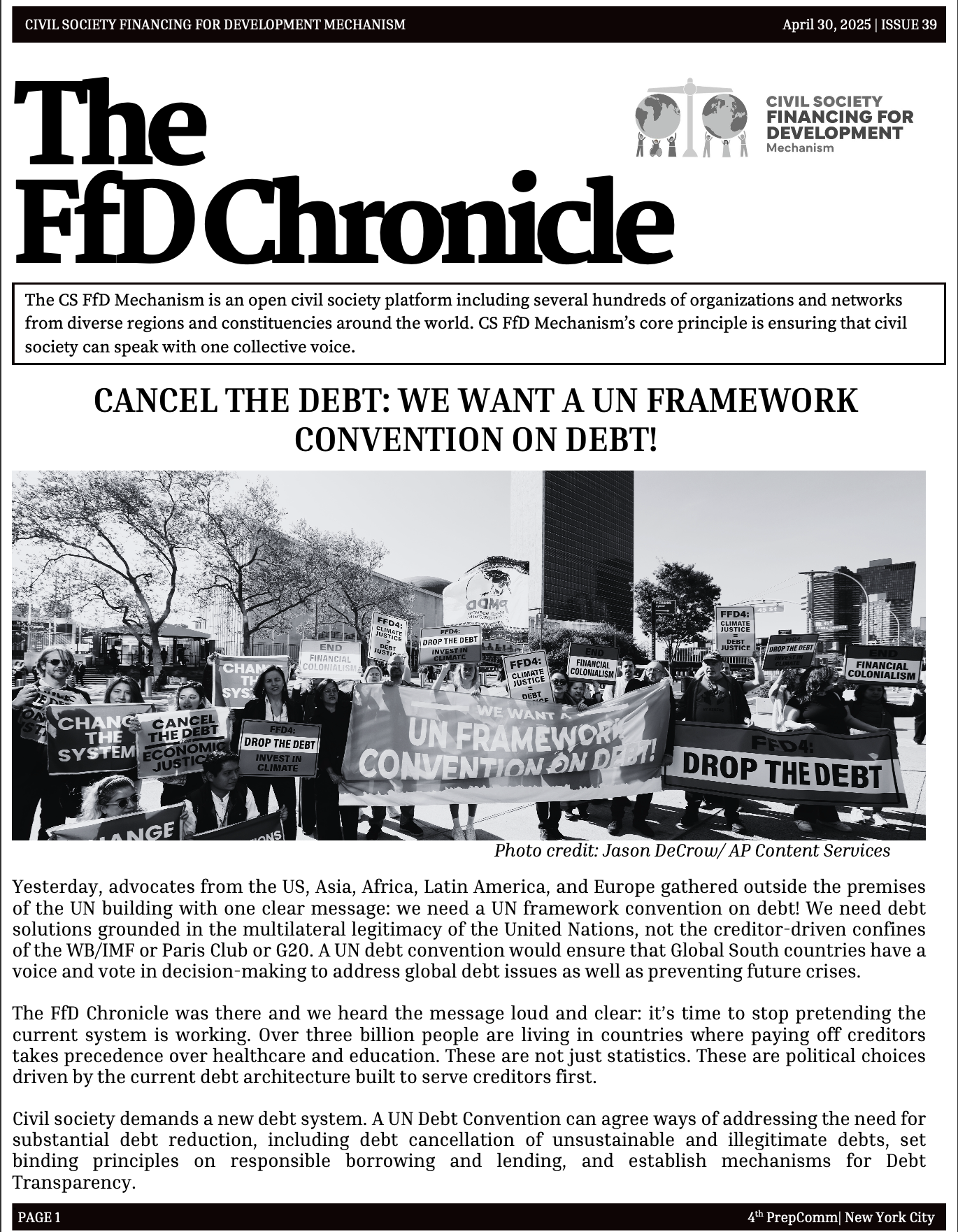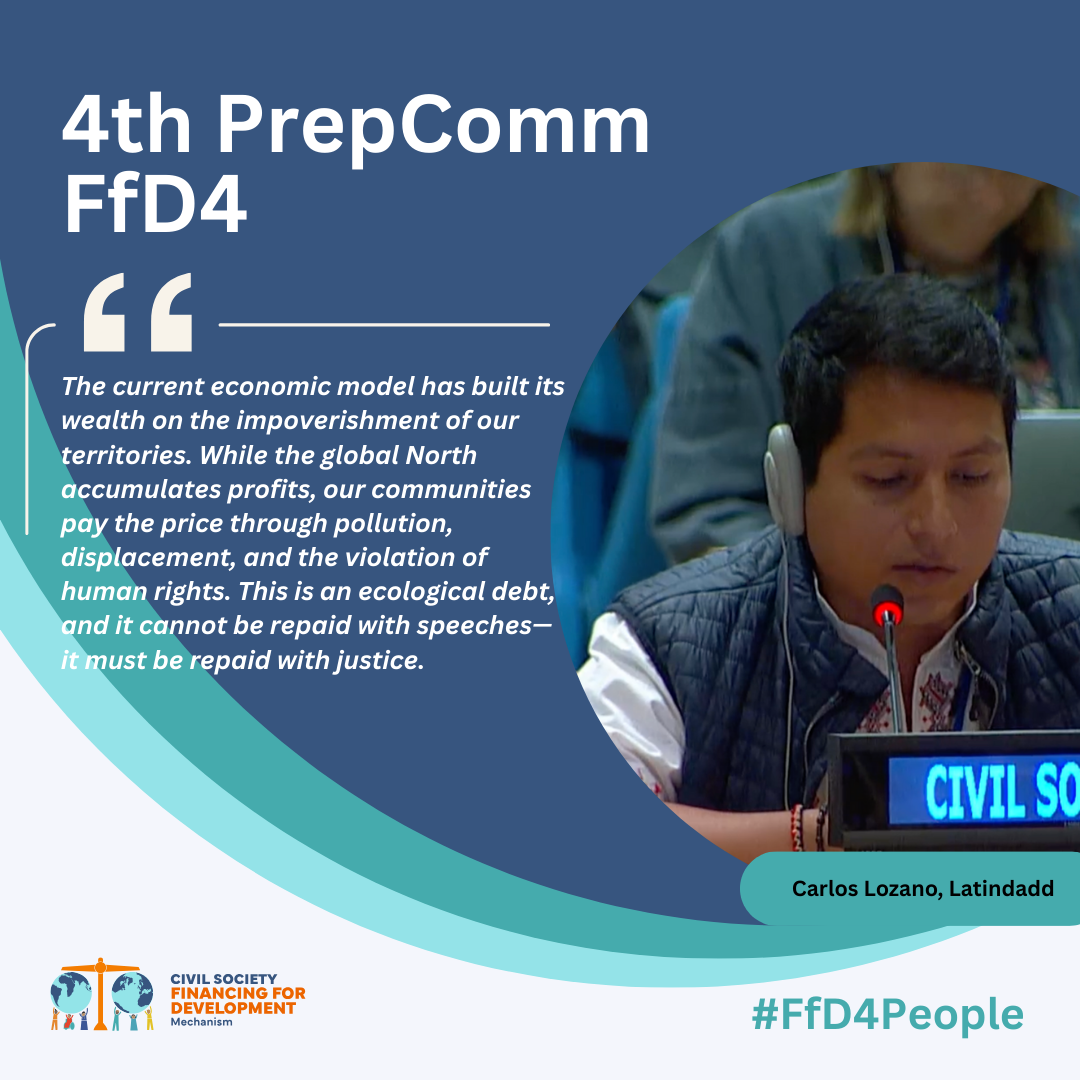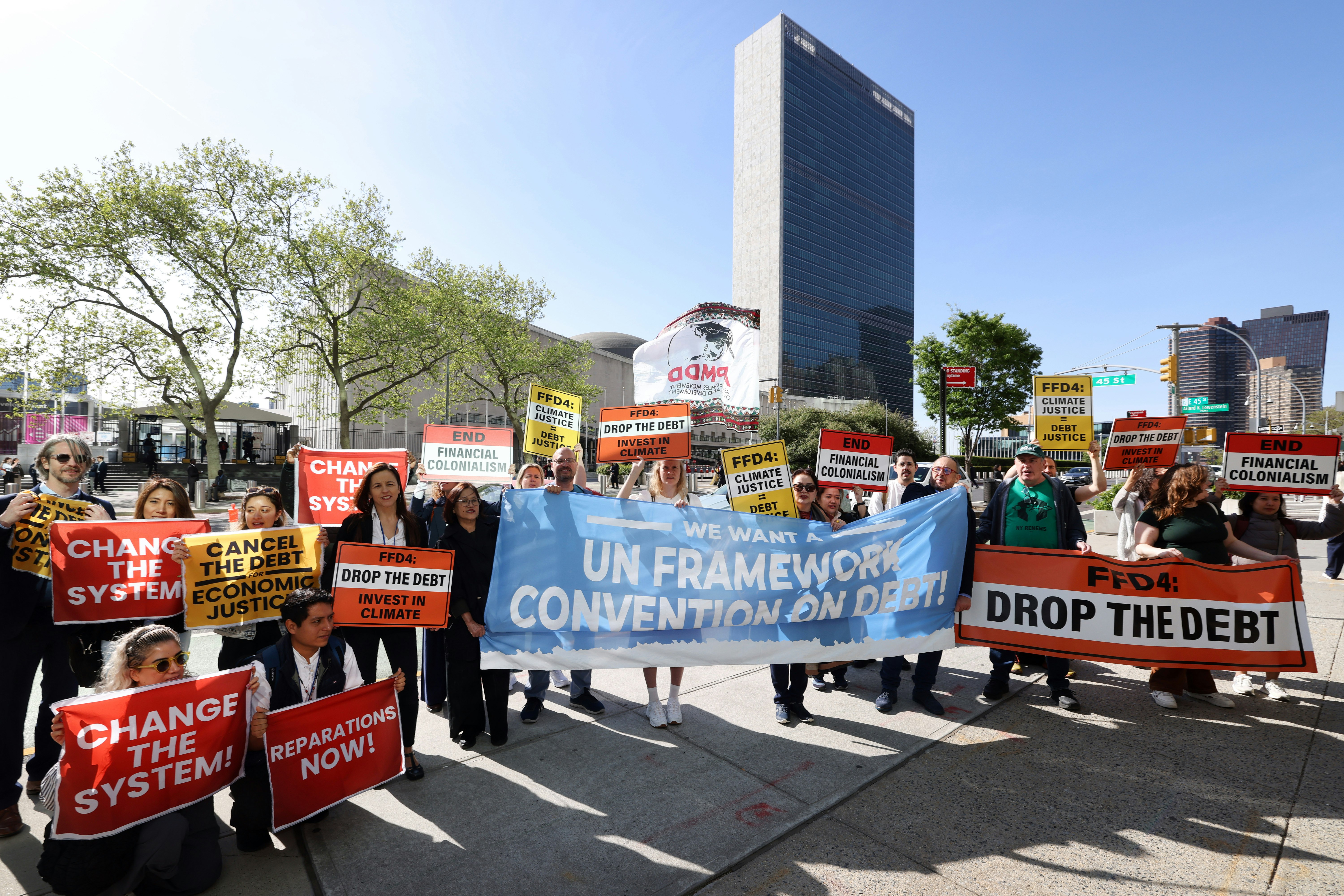The current environmental crises, like the biodiversity loss and the climate crisis, among others, have been caused by the prevailing unsustainable economic models (capitalism, fueled by consumerism and extractivism) which depend deeply on fossil fuels that cause GHG emissions and the excessive exploitation of natural resources from the Global South, in the name of the "economic growth”, mainly for the benefit of the Global North. It is key to understand how the current economic model drives a series of ecological harms, and the ways in which a systemic transformation should bear in mind the urgency at hand.
The Challenge
The logic of exponential economic growth lies in a premise of coloniality, given that the existing structure of the world economy is such that production in the Global South is mobilized disproportionately around servicing capital accumulation in the North, to the detriment of the biodiversity integrity and standards of life in the South. The climate crisis is real and a systemic global threat to humanity, negatively affecting the global population, and it will become even more devastating as global temperature keeps increasing. It disproportionately affects less responsible countries and within them, very unfairly to historically marginalized and discriminated groups.
We are exceeding the planetary natural boundaries and have also generated an enormous social inequality gap worldwide, which has increased even more in the past 2 years with the pandemic and uneven economic recovery. The political and economic decisions that are guiding the planet to the edge respond to greed, power, and the interest of a very small portion of the population.
The climate emergency has become more visible and there is a wider conversation in global spaces about “climate finance.” This is positive as it evidences a rising attention to the current challenges. And yet it is not enough. It is also important to monitor it as it opens the door to many interconnections with key issues of the FfD Agenda and, furthermore, it may also bring about more risks to deepen the current business as usual model in the name of a “green economy.”
Even though there is an international agreement under the United Nations Framework Convention on Climate Change (UNFCCC) to tackle the climate crisis listening to the recommendations of science in a timely manner and recognizing common but differentiated responsibilities, less progress have been made to date and false solutions are being promote by multilateral institutions and by the main polluter countries, putting the business interests and private profits at the center.
It is clear that there is a need to go beyond the premise of “climate finance”, since there is a need to promote a comprehensive analysis of how the global economic system is threatening the fragile balance of life on the planet as well as deepening inequalities in the world. Therefore, mainstreaming of a logic of ecological integrity in every dimension of the economic and financial global dynamics is key.
Our Recommendations
We are working on our collective recommendations, so stay tuned to this page!




